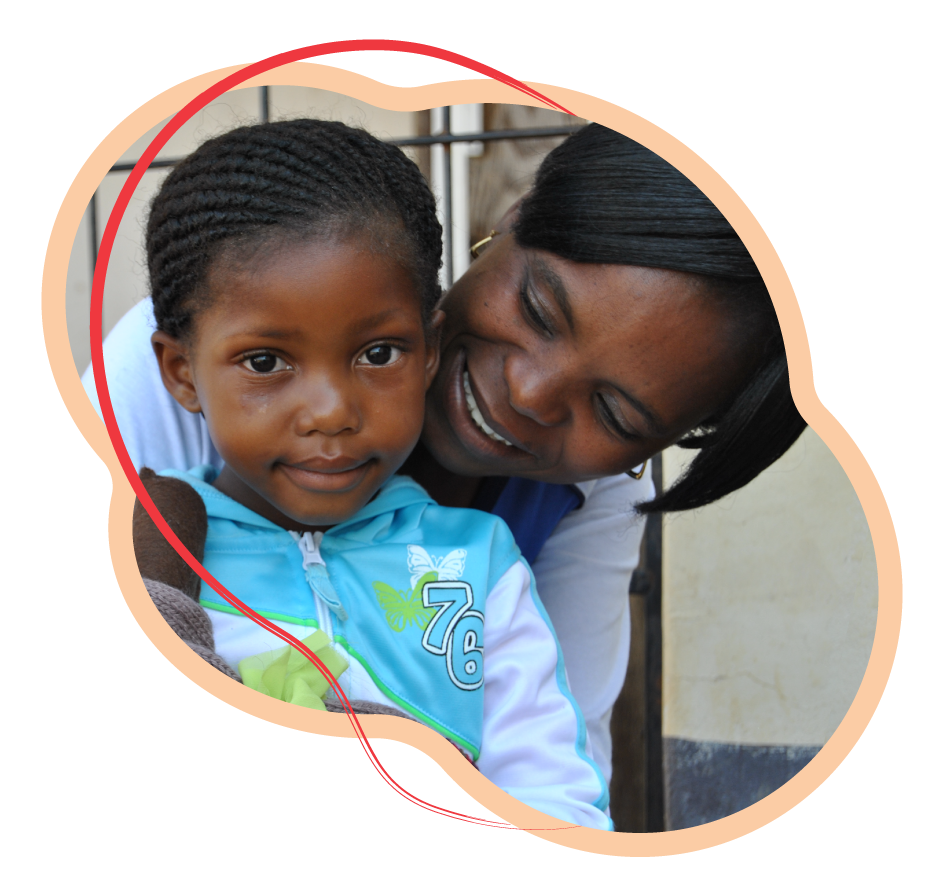- Home
- Our Approach
Our Approach
The Heart of Our Work
The Heart of Our Work
At Dlalanathi we have 5 major approaches to action the empowering work we do daily.
The Power of Play
The Power of Play
Play is vital for a child’s mental health and communication, offering fun and healing in times of trauma. Through play techniques and positive communication, we bring healing and build relationships. We train caregivers and community members to provide emotional support to children and families affected by trauma and loss. Our work empowers local communities to address emotional needs where professional resources are scarce.
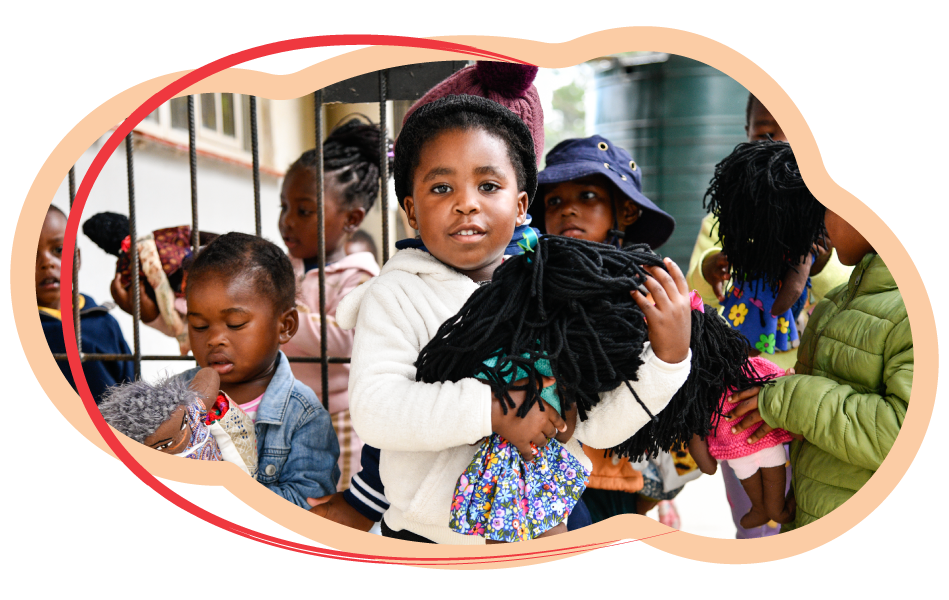
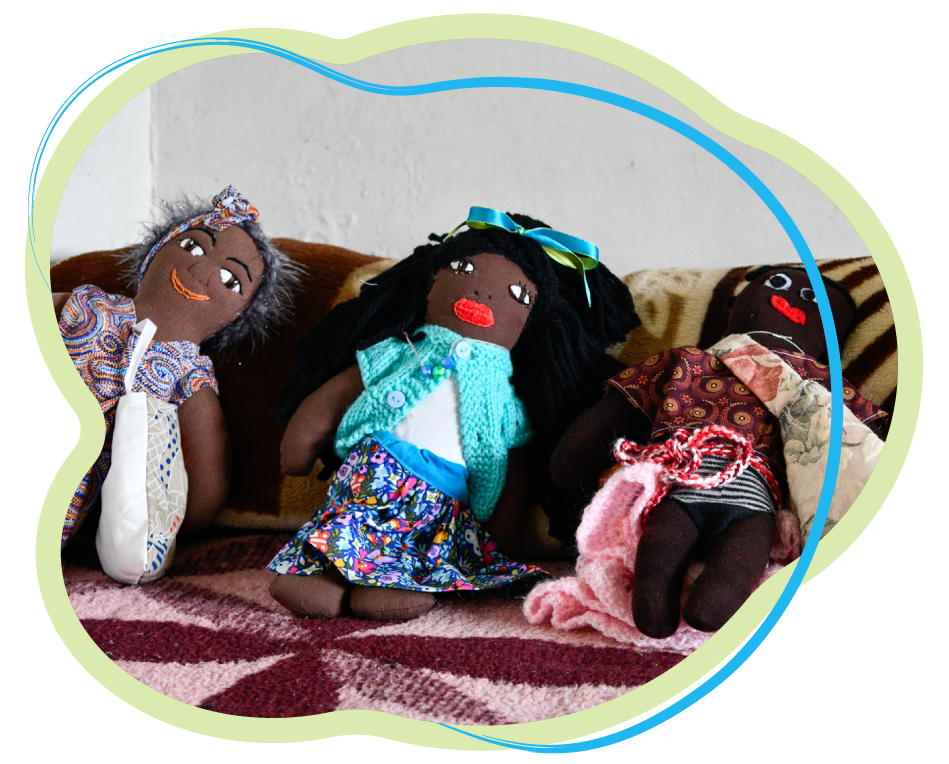
The Power of The Doll
In partnership with an Australian volunteer-based organisation of doll makers, Dlalanathi has integrated dolls into the heart of our work with adults and caregivers.
We start by engaging communities with Play4Communication, a 3-day doll making and story-telling activity that reminds caregivers of how core play was in their own childhood. They start to recall the games they played, who they played with and the many things that they learnt through their playing. This process helps caregivers see their children in a new light and learn a new way of communicating with them and listening to them using the handmade dolls.
Stitch by stitch, the reflective process of making a doll softens caregivers and builds stronger, more joyful relationships with their children.
Psychosocial Support
Psycho
Relating to the mind, thoughts, feelings, and emotions
Social
About relationships with people and the society around us
Support
Caring for people and assisting them in difficult circumstances
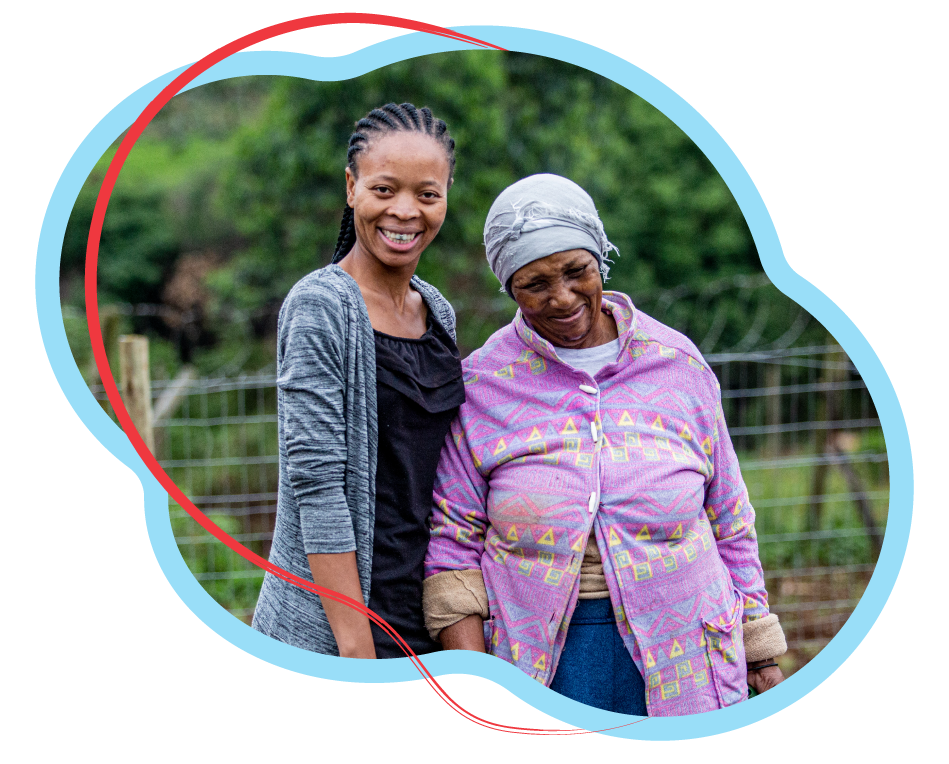
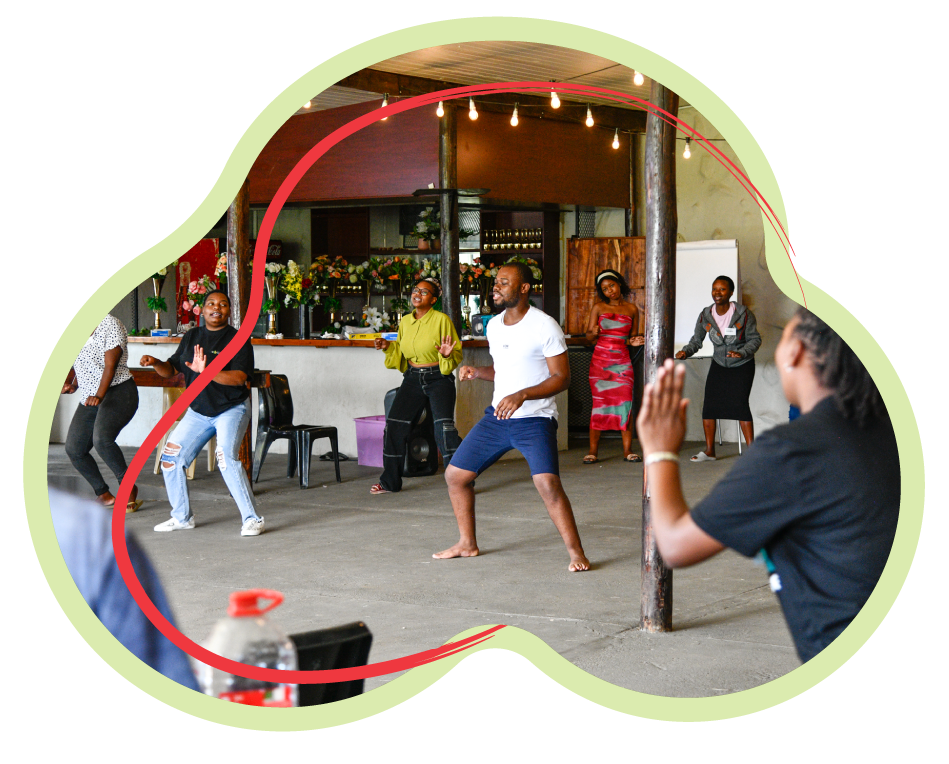
Solution-Focused Approach
Solution-Focused Approach
We take a solution-focused approach in our work with children, youth, and families, shifting the focus from problems to possibilities and encouraging the first steps toward positive change.
Through creative processes, individuals recognise their own inner strength and access external resources to reach their goals. This approach operates from the belief that while external pressures, past experiences, and ongoing changes shape us, our futures are not fixed – we have the power to create and negotiate them. A solution-focused approach reinforces that small steps taken today can lead to significant change, so if something is working today, we choose to do more of it and if something is not working, do something else. Every challenge holds the possibility for change, and even the smallest shifts can open new paths forward.
Every person we serve, young or old, has dreams and strengths that can help them achieve their goals in time. We believe in the opportunity of change and we celebrate each step towards the solutions people are looking for.
Trauma Informed Practice
Trauma Informed Practice
At the heart of our work lies the understanding that trauma – personal, collective, or generational – shapes how people experience the world. Being trauma-informed means recognising both visible and invisible impacts of trauma on the body, mind, relationships, and communities.
We prioritise emotional and physical safety, creating environments where staff can acknowledge their own trauma, access support, and develop self-regulation strategies. Through reflection, supervision, and therapeutic support, we strengthen our capacity to assist others.
Our programmes respect that trauma disrupts one’s sense of safety, control, and connection. We provide predictable routines with flexibility, incorporate choice, and encourage gentle social connection, allowing healing to unfold gradually.
We ask, “What happened to you?” rather than “What’s wrong with you?” This perspective shift builds trust before deeper work begins.
Through mindfulness, movement, and creative expression, we help individuals recognise trauma responses and develop strategies for self-regulation.
